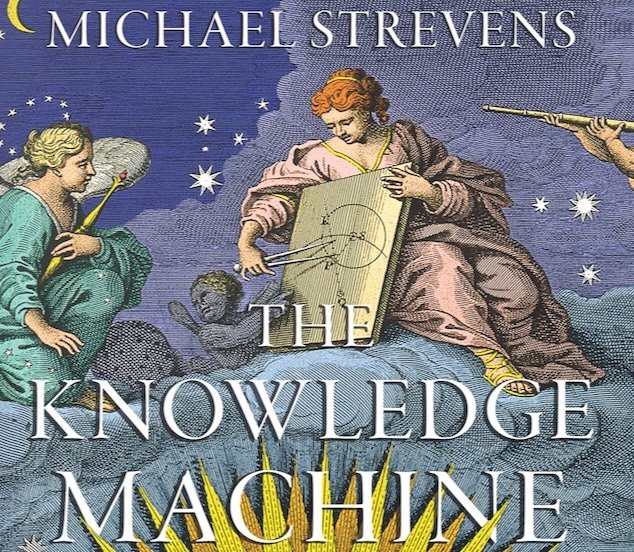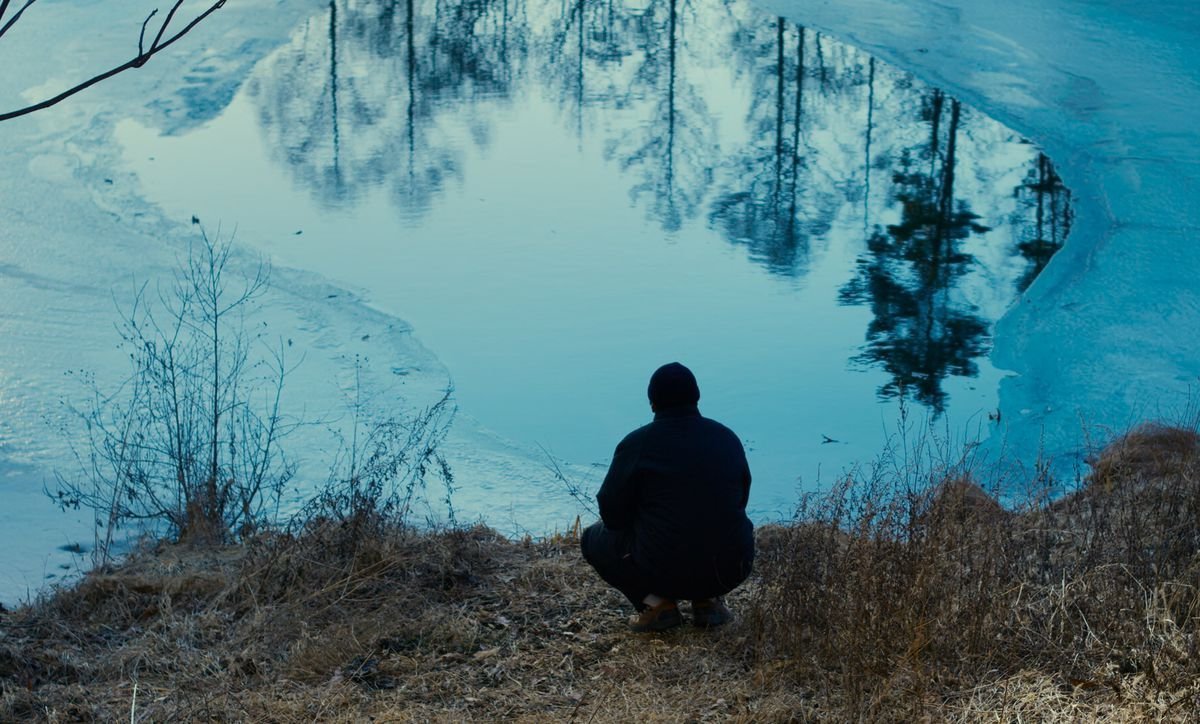Journal
This journal is a curated collection of the creative works that have shaped my approach to scientific storytelling. Each entry represents an influence that has guided me in bridging the gap between the laboratory and the layperson.
More than just a catalog, this journal is a living document of my ongoing dialogue with art, literature, and film as I explore ways to convey complex scientific concepts through compelling narratives.
I invite you to explore these entries and discover the inspirations that mold my perspective. The power of great storytelling lies in illuminating the world in new ways, whether in science, art, or the space where they intersect.

The Clean Slates of John McPhee
What distinguishes McPhee's approach is how he resists framing these abandoned projects as failures. There's no elegiac quality to his prose, no sense of opportunity squandered. Instead, he presents them as parallel possibilities, branches of an intellectual life that grew in different directions than the visible trunk. It reminds me of how filmmakers speak of the cutting room floor—not as a graveyard for mistakes, but as an archive of alternate narratives that served their purpose simply by being conceived.

Shadows and Light: Revisiting "The Night of the Hunter"
What makes "The Night of the Hunter" resonate even more now is how it refuses to be polite about its artistry. Like those German Expressionist films it channels, it declares its intentions in every frame. Perhaps this is why its initial commercial failure feels like a badge of honor. Some visions are too stark, too honest for their time. They need to wait for the right viewers, like a message in a bottle floating down the Ohio River, past Shelley Winters' terrible water lily, carrying its cargo of shadows and light to future shores.

Revisiting The Knowledge Machine
What stands out most clearly now is the elegant simplicity of the Iron Rule's dual nature: its rigorous restrictions on scientific argument paired with complete freedom in private thought. I had initially focused on the constraints—"scientific argument should be sterilized, cleansed of all subjectivity"—but now I'm more interested in the creative tension this generates.

Mountain Water: Notes on Hamaguchi's Evil Does Not Exist
The mountain water in Hamaguchi's 'Evil Does Not Exist' moves like time itself - steady, relentless, deceptively gentle. In the Japanese village of Mizubiki, where crystal streams carve ancient paths through forest floor, a single father named Takumi harvests wood with the same deliberate rhythm as the water's flow. This is where our story begins, though like the stream itself, its true source lies somewhere higher up the mountain, in the collision between urban ambition and rural permanence.

The Crystalline Canvas: Reflections on "White Rock”
In the winter of 1976, while the rest of the world was celebrating the American Bicentennial, a small crew of filmmakers led by Tony Maylam trudged through the snow-laden streets of Innsbruck, Austria. Their mission: to capture the essence of the Winter Olympics on celluloid. The result was "White Rock," a documentary that would redefine the visual language of sport.

The Art of the Soluble: Navigating the Limits of the Observable
The La Jolla Institute for Immunology stands like a modernist fortress on a sun-drenched mesa of San Diego, the sandstone exterior hiding the brilliance within. It was here, on what passes for a cold morning in this part of the world, that I found myself in the office of Dr. Shane Crotty, Chief Scientific Officer and principal investigator to discuss his paper on the immunological memory of SARS-CoV-2, which just happened to be the most cited paper of the pandemic.